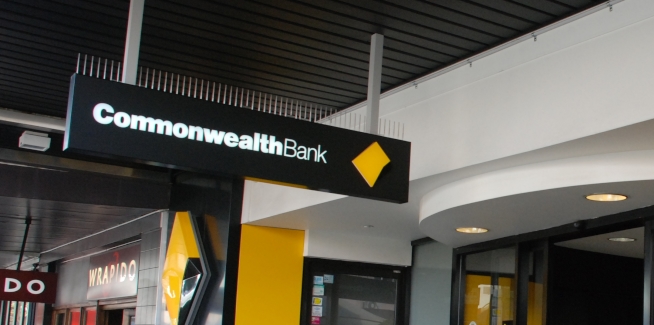Appearing before the Royal Commission into Misconduct in the Banking, Superannuation and Financial Services Industry on Monday (28 May), Commonwealth Bank’s (CBA) general manager of restructuring, credit management, Brett Perry, defended the bank’s re-assessment of business and commercial loans issued by its wholly owned subsidiary Bankwest, following its acquisition of the West Australian lender in 2008.
As part of CBA’s “Project Magellan”, which sought to reduce the bank’s exposure to commercial property, the major bank readjusted the risk profiles of borrowers who had received finance from Bankwest for business and commercial projects.
The commission heard from property investor Michael Kelly, who in 2007 received finance for multimillion-dollar land projects on behalf of property development syndicates Wildlines and Silversun, of which he was a minor shareholder.
The Wildlines loan (obtained for property valued at $11 million) was secured with a loan-to-value ratio (LVR) of 60 per cent over a two-year term, while the Silversun loan (obtained for a property valued at $10.3 million) was secured with an LVR of 50 per cent over three years.
Upon the expiry of the Wildlines loan, Mr Kelly was informed by Bankwest that he needed to refinance the loan with another lender. However, after failing to secure a finance alternative amid the global financial crisis, Bankwest agreed to extend the loan by 14 months, but lifted the interest rate margin from 1.75 per cent to 2.25 per cent, and reduced the LVR to 50 per cent.
Bankwest also increased the risk profile of the Silversun loan, with the interest rate rising from 1.75 per cent to 2.65 per cent in August 2010, and again in September 2010 to 3.95 per cent.
The loans were transferred to Bankwest’s Credit Asset Management (CAM) team with a higher risk rating of “7+”; however, neither syndicate had fallen behind on loan repayments during the loan term, with both properties also appreciating in value over the same period.
Bankwest informed Mr Kelly that the re-assessments were part of CBA’s strategy “to exit at loan expiry, i.e. not to offer new facility terms”.
Commonwealth Bank’s (CBA) general manager of restructuring, credit management, Brett Perry, defended CBA’s strategy, claiming that it was a prudent risk and regulatory management approach, driven by heightened property exposure during the global financial crisis.
Mr Perry claimed that it was incumbent upon Mr Kelly to assume that the loan terms would be up for re-negotiation.
“You assume as an investor or property developer, at the end of the term either the facility will not be extended at all or may be extended on different terms,” Mr Perry said.
Last week, the commission dismissed allegations that CBA sought to recoup some of the losses it incurred from its acquisition of Bankwest by purposely defaulting Bankwest’s business loans customers.
Counsel assisting the commission Michael Hodge said: “This ‘ulterior motive theory’ is not supported by either the facts or the operation of the contractual mechanism.
“Based on our own analysis, we share the views of the [Small Business] Ombudsman that the clawback ulterior motive theory is incorrect.”
The hearings continue.
The third round of hearings began on Monday (21 May) and focuses on loans to small and medium-sized enterprises, with responsible lending and unfair contract terms coming under the spotlight.
The hearings will consider the conduct of several of the leading banks in respect of their dealings with small and medium enterprises, in particular in providing credit to businesses.
[Related: CBA grilled over interest rate charges]

